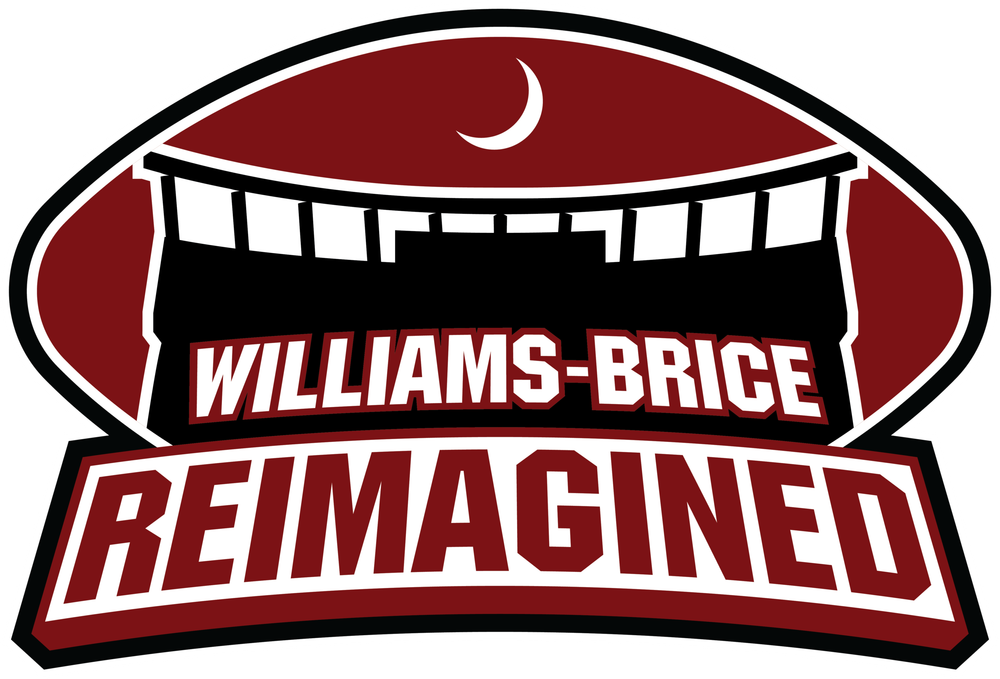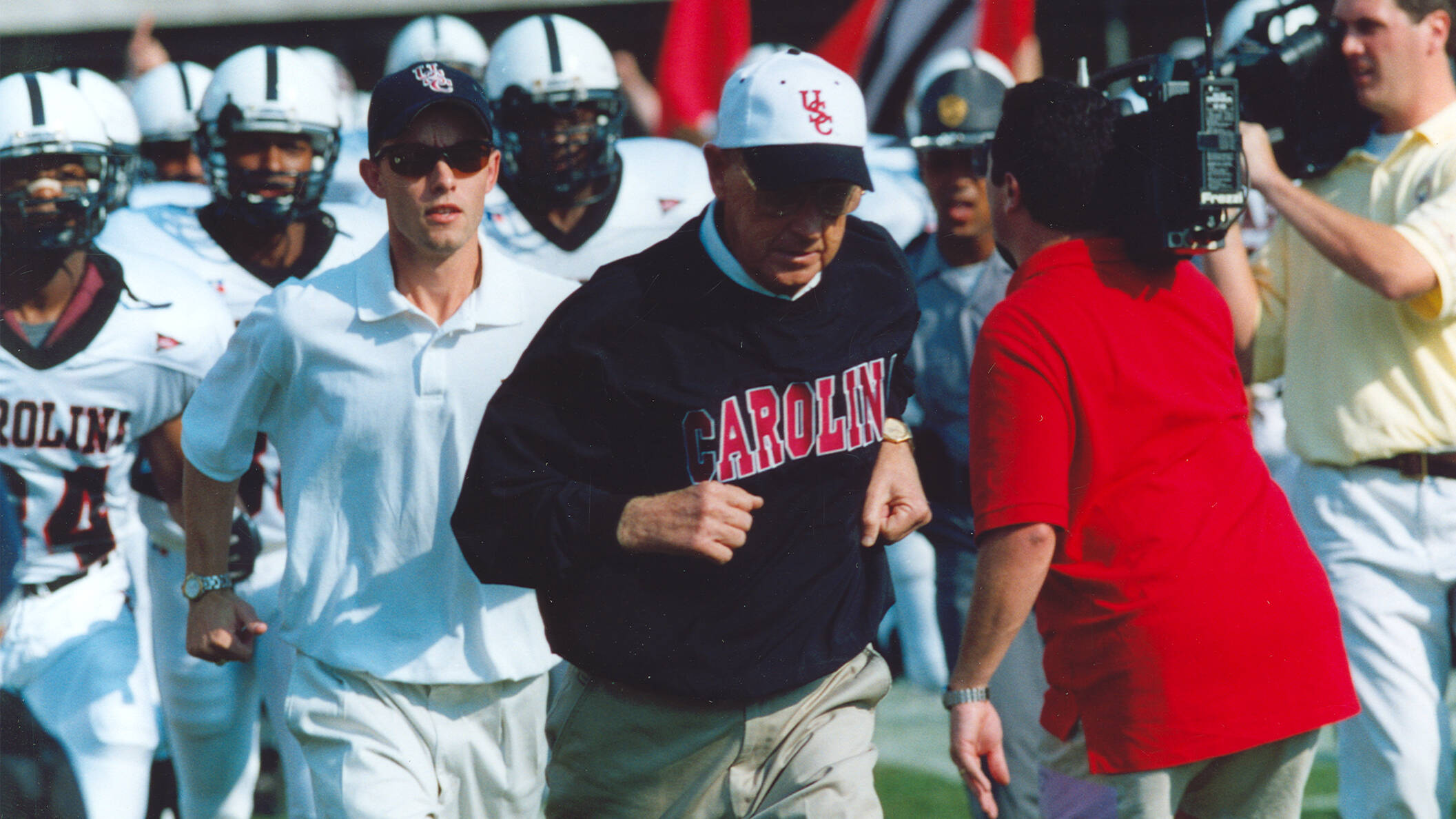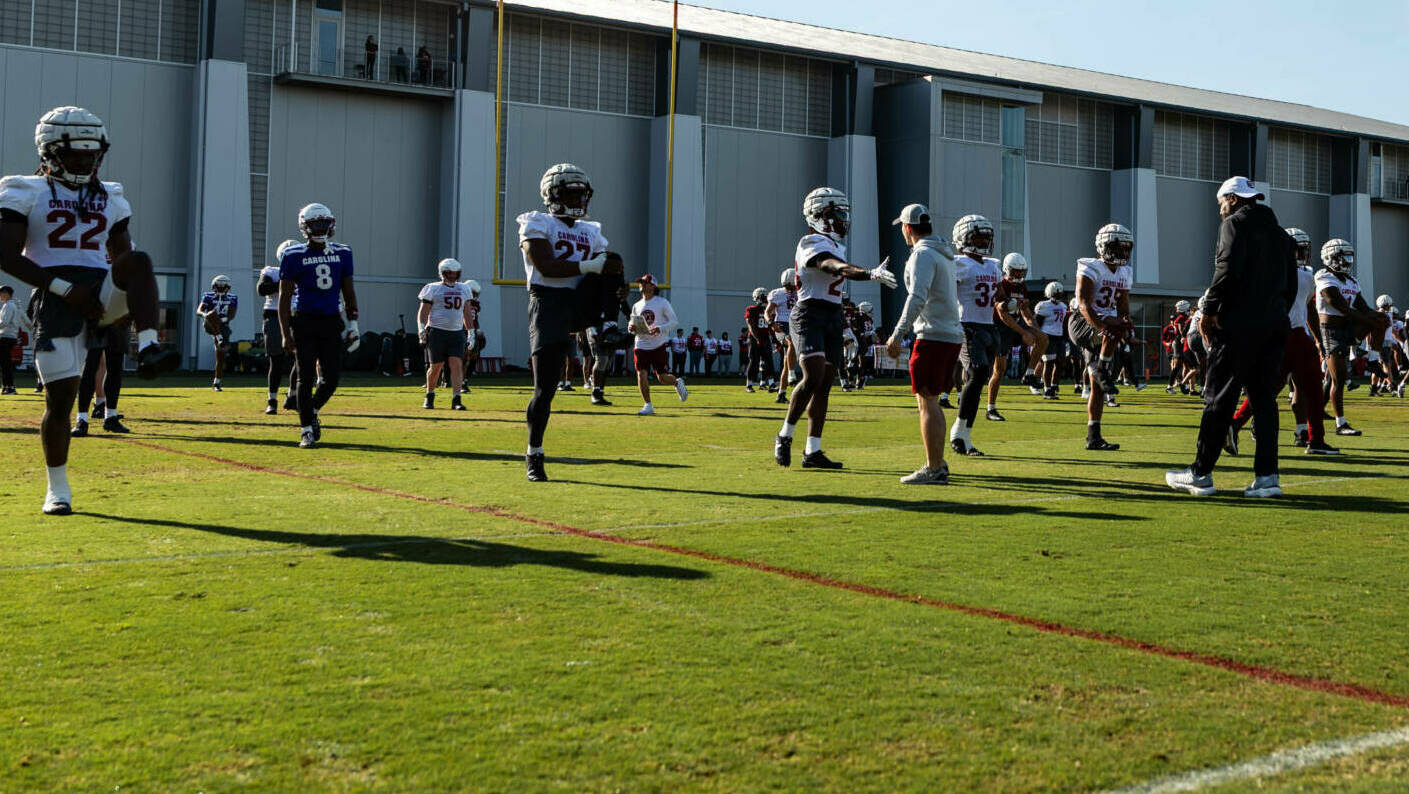Sept. 24, 2013
Former University of South Carolina head football coach and athletics director Paul Dietzel died early Tuesday morning. He was 89.
Dietzel served as the Gamecocks’ director of athletics (1966-75) and head football coach (1966-74). He compiled a 42-53-1 record in his nine seasons at the helm of the Carolina football team. He is the only football coach in school history to win a conference title, as his 1969 squad captured the ACC crown.
Dietzel, who was inducted in the Carolina Hall of Fame in 2012, was credited with changing the culture of South Carolina Athletics. He initiated the upgrade plan for all athletic facilities, including “The Roost” athletic dorm and enlarging the football stadium. He is credited with writing the Carolina Fight Song, which is still used today. He mandated the recruitment of black athletes in all sports at Carolina and signed the first black athlete to a football scholarship in 1970. In addition, he hired Bobby Richardson, a move that vaulted South Carolina into national baseball prominence.
Dietzel served in the U.S. Army Air Corps during World War II and became an All-American center at Miami (Ohio) University before getting into coaching. He worked under legends Paul “Bear” Bryant at Kentucky and Earl “Red” Blaik at the U.S. Military Academy.
He took over the LSU program in 1955 and three years later guided the Tigers to the national championship, earning National Coach of the Year accolades. He gained fame with that squad by developing three “teams” to comply with the single-substitution rules of the time. His starters played both ways, the Gold (Go) Team specialized on offense, and the Chinese Bandits focused on defense. Dietzel was inducted into the Louisiana Sports Hall of Fame in 1988 and the LSU Athletic Hall of Fame 2010.
Dietzel left LSU to become head coach at Army, where he was the first non-Army graduate to hold the position, then moved to Carolina after Marvin Bass’ resignation in 1966. After his USC tenure, he served as director of athletics at Indiana University and LSU as well as commissioner of the Ohio Valley Conference. He also served as president of the American Football Coaches Association and the Fellowship of Christian Athletes.
In retirement, he became an accomplished artist, specializing in watercolor prints.












